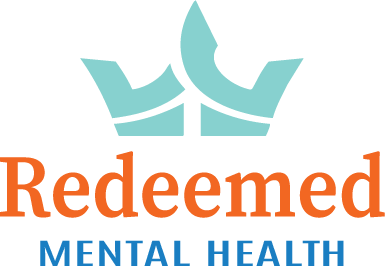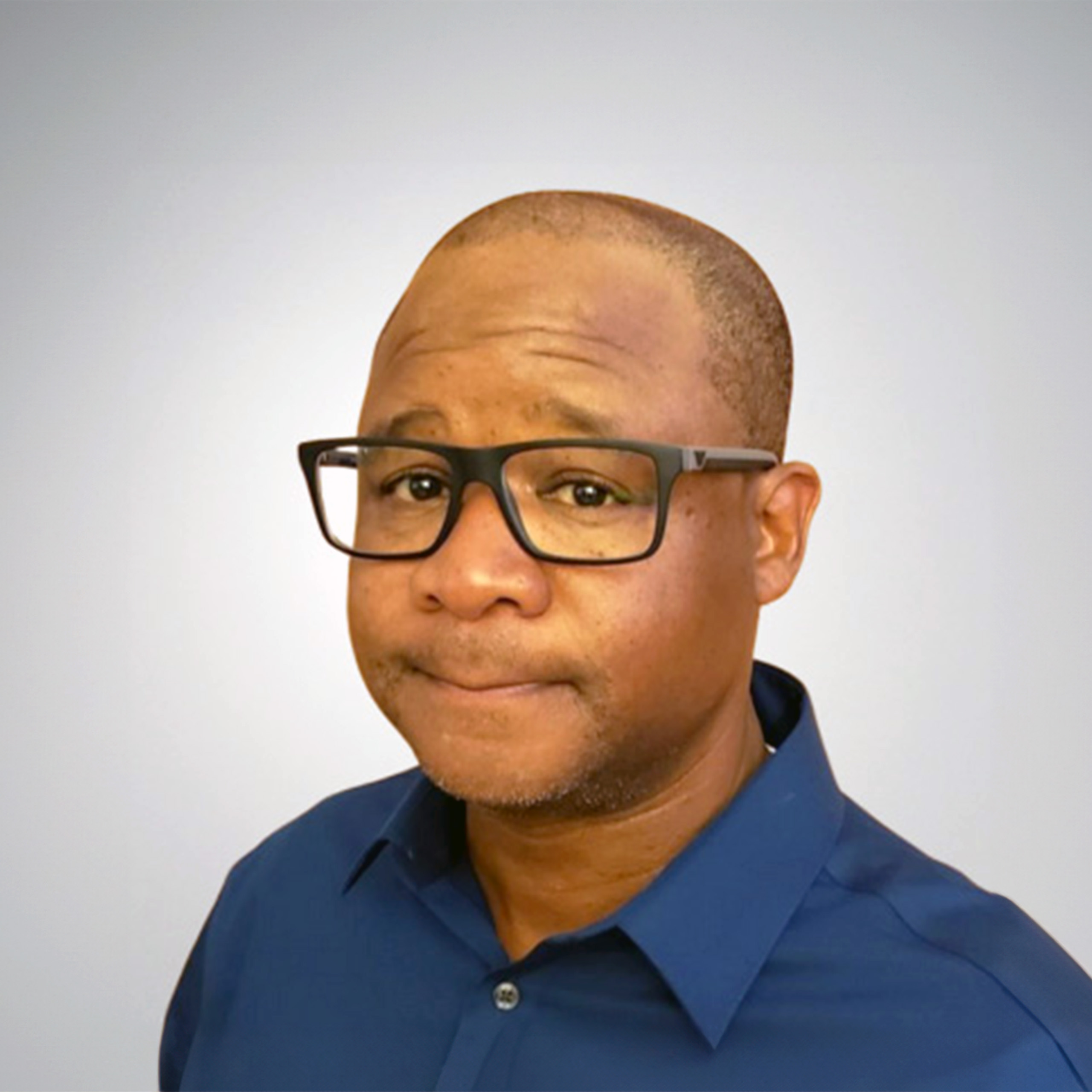 If you or a loved one has been diagnosed with a co-occurring disorder, you’re not alone. Today, 21.5 million Americans have both a substance use disorder and a mental health disorder. This means that you have a substance use disorder or addiction and a behavioral or mental health disorder like bipolar disorder, depression, anxiety, or schizophrenia.
If you or a loved one has been diagnosed with a co-occurring disorder, you’re not alone. Today, 21.5 million Americans have both a substance use disorder and a mental health disorder. This means that you have a substance use disorder or addiction and a behavioral or mental health disorder like bipolar disorder, depression, anxiety, or schizophrenia.
This overlap in diagnosis happens for a wide variety of reasons. For example, mental health disorders make you more vulnerable to dependence on substances and to addiction.
Addiction also triggers mental health disorders and can make them worse. For that reason, it’s important to treat both at the same time, with a treatment program designed around the needs of your co-occuring disorders.
If that doesn’t happen, you could find yourself relapsing.
Co-Occurring Disorders Get in the Way of Treatment
If you go to an addiction treatment program built around the needs of a dual diagnosis patient, the treatment is designed to treat the most pressing issues first. That means it will tackle physical reliance on the substance, and behaviors that present a risk to mental and physical health, and then start on treating behaviors and attitudes that get in the way of treatment.
That means:
- Treating mental health problems that delay or prevent treatment
- Tackling behavior and mindset
- Working on improving motivation for treatment
- Creating the mental health to allow the individual to adapt and respond to treatment
How does that work? If you’re completely overwhelmed by anxiety or depression, or in the middle of a manic episode because of bipolar disorder, you don’t have the resources to concentrate on therapy or to make meaningful steps to change. This means that it will be crucial to recognize where you’re at and what your capabilities are and then use treatment to bring you to a point where you can benefit from addiction treatment and therapy.
Co-Occurring Disorders Increase Risk of Relapse
 Mental health disorders increase your risk of drug abuse and addiction. They also increase your risk of relapse. Why? You’ll still be dealing with stress and anxiety caused by the mental health disorder. In addition, it’s highly likely that you won’t have had the same benefit from therapy and treatment that you would have if you didn’t have the co-occurring disorder.
Mental health disorders increase your risk of drug abuse and addiction. They also increase your risk of relapse. Why? You’ll still be dealing with stress and anxiety caused by the mental health disorder. In addition, it’s highly likely that you won’t have had the same benefit from therapy and treatment that you would have if you didn’t have the co-occurring disorder.
Persons with mental health disorders are significantly more likely to use drugs and alcohol. That tracks to self-medication, where you use drugs and alcohol to feel better or to reduce stress. It also tracks to impulsivity, poor risk assessment for decision-making, and increased chemical reliance on drugs and alcohol. That’s especially true if you have a mental health disorder that reduces serotonin production in the brain, because drinking or using drugs can temporarily make you feel much better than you do normally, so you’re much more likely to continue using.
Failing to treat these issues mean you remain vulnerable to relapse because you:
- Are still under a high amount of stress
- Haven’t actually changed your behavior, only quit drinking or using
- Haven’t benefited from treatment because mental health disorders were in the way
This often means that as soon as something goes wrong or stress levels get too high, you’re very likely to relapse and start using again. That’s worse with disorders like bipolar disorder, where you’re very likely to relapse as soon as mania strikes again.
What’s worse, relapsing often increases your chances of negative outcomes. For example, if you use drugs, your tolerance to the drug will have decreased, meaning that the same dose that was safe for you before may be dangerous now. Relapsing also means massive setbacks in progress and needing treatment again, but first you have to make it through it and choose to go back to treatment.
Co-Occurring Disorders Decrease Quality of Life
 Untreated mental health disorders can significantly impact quality of life. That often means you’ll be dealing with mental health problems like anxiety, depression, feeling down, and low energy – all while being asked to work on high-maintenance self-care and self-improvement routines.
Untreated mental health disorders can significantly impact quality of life. That often means you’ll be dealing with mental health problems like anxiety, depression, feeling down, and low energy – all while being asked to work on high-maintenance self-care and self-improvement routines.
For example, people with mental health disorders often experience symptoms like:
- Social isolation
- Engaging in risky behaviors
- Poor personal hygiene and self-care
- Poor nutritional habits
- Sleeping too much / too little
- Excessive stress or anxiety in response to situations
At the same time, you’ll be asked to:
- Maintain a consistent social schedule
- Create consistent routines to clean your home
- Exercise most days
- Eat healthy food most days
- Sleep in consistent and routine blocks
If those sound like they might be contradictory, you’re not wrong. Mental health problems actively get in the way of the routines and habits you need to live a healthy life that supports recovery. Of course, if you can maintain those habits, they will also help with mental health problems. However, doing so often means getting treatment for the mental health problems that are getting in the way.
You’ll Still Be Dealing with the Same Stuff
Chances are that you started drinking or using for a reason. Chances are also very high that your mental health disorder was a large part of that. For many people, substance abuse is about self-medication, dealing with problems, and escaping from problems. If your mental health disorder actively interferes with your relationships, makes you feel bad, causes anxiety, or prevents you from doing the things you want to do in the ways you want to do them, then your mental health disorder is likely at least partially behind why you started drinking or using in the first place.
If you don’t actively treat your mental health disorder as part of dual diagnosis treatment, you’ll go back to your life, dealing with the same problems that sent you to rehab in the first place. That probably sounds like setting yourself up for failure, because it is. If you want to recover, you need to be able to change the underlying causes behind relying on drugs and alcohol, and that means treating mental health disorders, getting help with symptom management, and getting a prescription for medication where you need it. All of that means looking into a co-occurring disorder program where you can get help with both at the same time.
Getting Help for a Dual Diagnosis
Treating a mental health disorder means having space to change your behavior and your life outlook. Sometimes it means getting medication and treatment. At the same time, you’ll have to treat a substance use disorder at the same time, because aspects of a substance use disorder can get in the way of treatment. However, once you get over the initial barrier of needing to be clean and sober and motivated, you’ll often find that many of the tools for mental health treatment help with recovery and vice-versa. That means you’ll have treatment for mental health that contributes to your recovery and structure for recovery that contributes to mental health. So, while co-occurring disorders can get in the way of recovery, once you get started, treating both at the same time just makes sense.
If you need help, it’s important to talk to your doctor, be upfront about any mental health disorders or diagnoses, and get the full help you need – for both mental health problems and substance use disorder, even if you don’t yet have a diagnosis for both.























